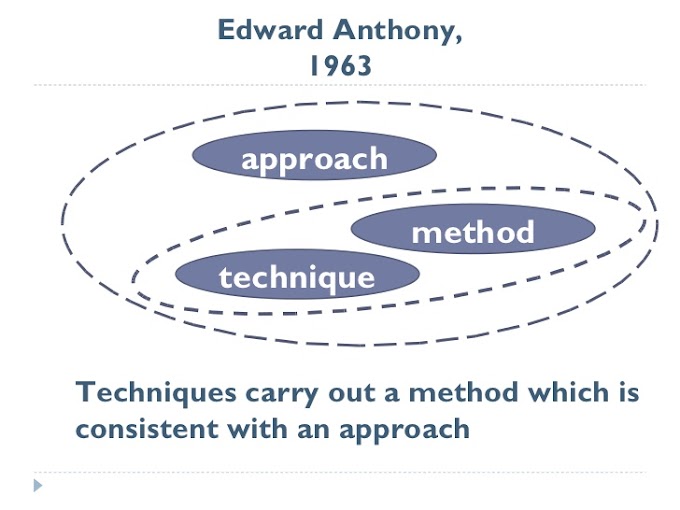"Tithonus" is a melodious dramatic monologue written the Victorian poet Lord Alfred Tennyson. It was originally written as “Tithon" in 1833 as a companion poem to parallel "Ulysses" and completed in 1859. It first appeared in the February edition of the Cornhill Magazine in 1860. Faced with old age, Tithonus, weary of his immortality, yearns for death.
In this poem, Tithonus addresses his consort Eos or Aurora, the goddess of the dawn. The poem consoles the bereaved heart of Tennyson who was profoundly grieved when Hallam died in 1833. This is one of his best works in the years after his friend's untimely death.
Tithonus, a character from Greek myth, was the lover of Aurora goddess of the dawn, and here he asks her for eternal life which he was granted without eternal youth. As he ages he laments the slow and unceasing decay of his body and his exemption from the natural cycle of life and death.
He wishes ardently for a natural death and envies those mortals who die. He remembers happier times with her when he was content to enjoy each morning, like she still does. By letting him go, she would still be able to see his grave eternally.
"Tithonus" is composed in the form of a dramatic monologue. Here the single speaker, Tithonus is not the poet. His speech constantly remind us of the silent listener by applying such phrases I asked thee', 'thy strong Hours', 'thy beauty', 'thy guide', 'take back thy gift'.
The speaker of the poem reveals his personality, his desires and his philosophy of life. Tithonus realizes the ruin in desiring to be different from all the rest of mankind and in living beyond the "goal of ordinance," the normal human lifespan.
However, the poem lacks the usual deep psychological analysis of the speaker found in a successful dramatic monologue. The poem is written in blank verse which matches well with the conversational
tone of the speaker.
With a background of melancholia, isolation or anguish, Tennyson conveys themes of half-life and death-in-life by the use of imagery, symbolism and figures of speech. Tithonus presents the natural cycle of life followed by death by describing how first, "Man comes" then he "tills the fields" and finally "lies beneath".
However, his "cruel immortality" prevents him from following the same pattern. The rhetorical question, "Why should a man desire in way/To vary from the kindly race of man..as is most meet for all?” indicates his realization of the absurdity in asking for immortal life.
His wish to be immortal like the gods can be interpreted as alluding to Adam and Eve's desire for the knowledge of God. Anyway, as a soft air fans the clouds apart" (personification), Tithonus sees the dark world" to which he belongs.
Tithonus uses much imagery as he recalls those days of youth when he "felt my blood/Glow with the glow that slowly crimson'd all," experienced "kisses balmier than half-opening buds/Of April," and Aurora's "rosy shadows bathe[d] him. At once he wishes to be one of those "happy men with the power to die." The symbols of imprisonment, cosmic treachery, and death-in-life form the bases of his main ironic themes.
Tennyson talked of this poem as a "pendent" to "Ulysses, (Memoir, I: 459) but it is more than a companion or even a contrast to the heroic poem. It is a bleak parody of its impulses.
It is, in fact, a total comic parody, not only of the proud defiance of "Ulysses", but also of the opposite pole, the regressive urge to be warm and protected expressed in "The Lotos-Eaters": instead of a luxuriant sensual escape, Tithonus laments, "I wither slowly in thine arms"
Thus, the poem "Tithonus" should be assessed in comparison to other two poems "Ulysses" and "The Lotos-Eaters". This complete inversion of comedy is instructive as a purified form of Tennyson's ironic art. It is also an attempt to accept the natural cycle of death after the untimely demise of his friend Hallam.





0 Comments